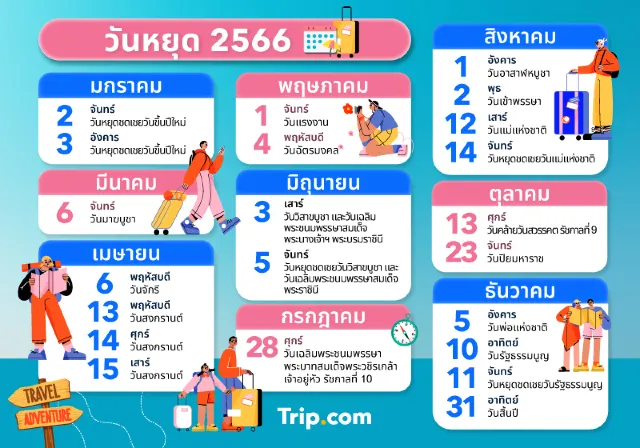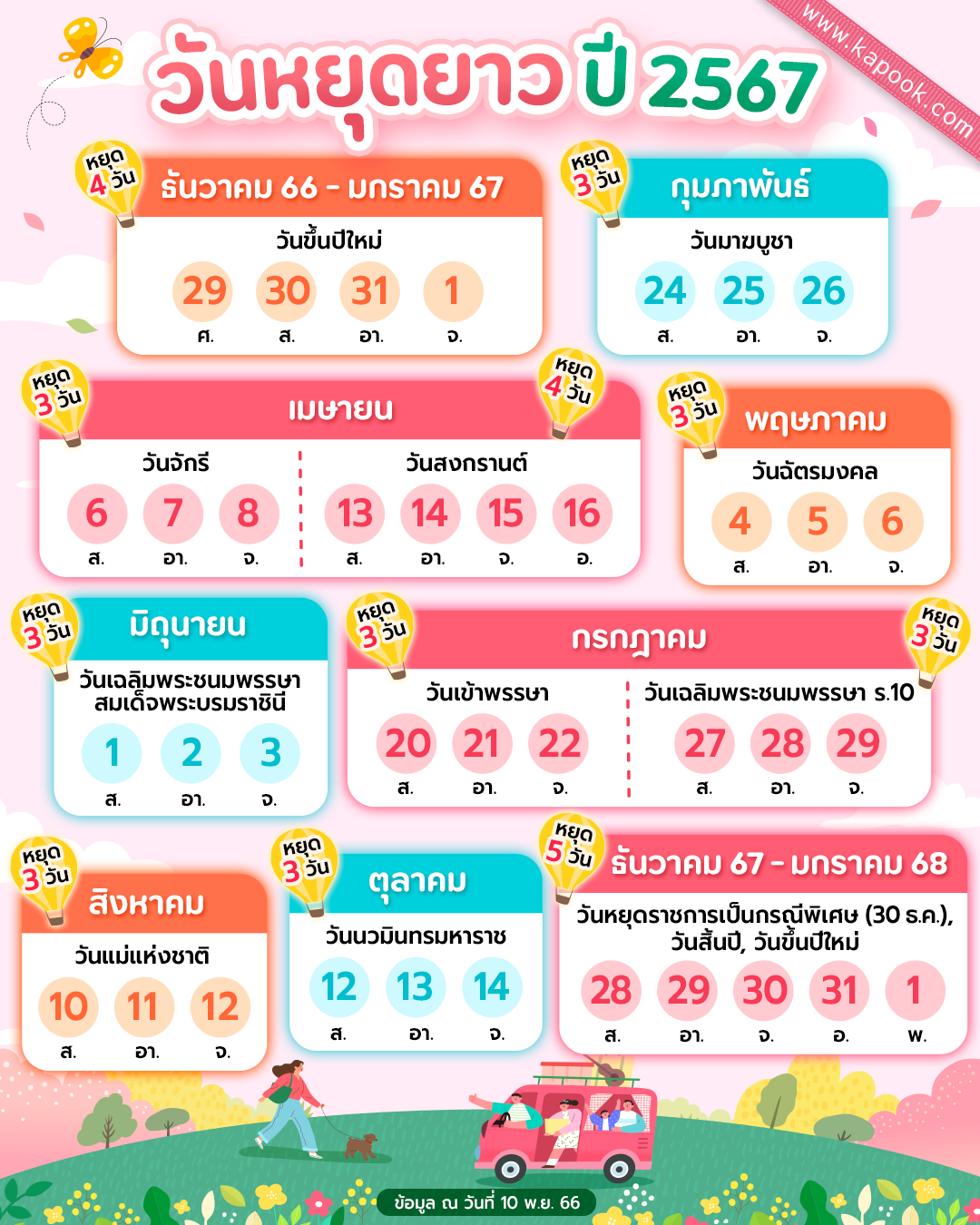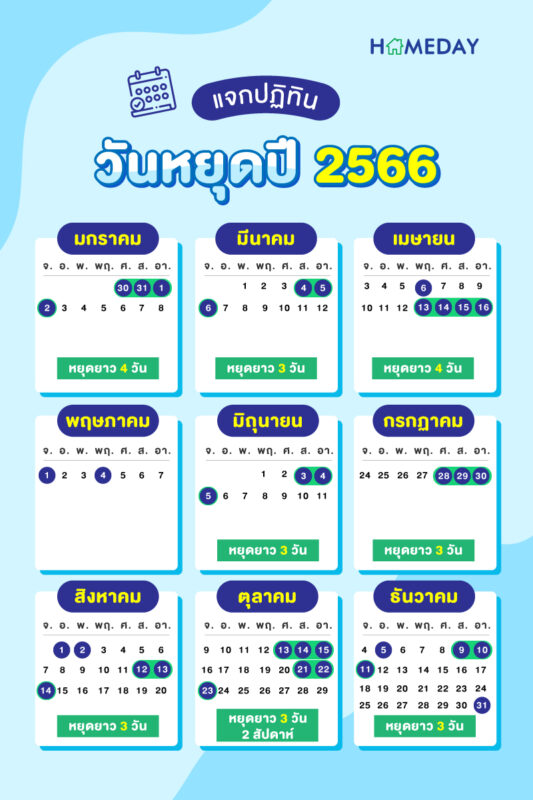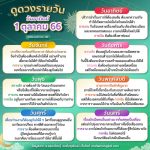
วันมงคลสำหรับคุณ: คู่มือฤกษ์ดีประจำปี 2568
[วันมงคลสำหรับคุณ: คู่มือฤกษ์ดีประจำปี 2568] Executive […]
[วันมงคลสำหรับคุณ: คู่มือฤกษ์ดีประจำปี 2568]

Executive Summary

This article provides a comprehensive guide to auspicious dates and times for the year 2568, known as the Year of the Dragon in the Chinese zodiac. We’ll explore the significance of auspicious dates for various life events, including weddings, housewarming ceremonies, and business ventures. We’ll also delve into the principles of feng shui and their role in aligning events with favorable energies. By understanding these principles, you can make informed decisions about the timing of your endeavors and enhance your chances of success and prosperity.

Introduction
Throughout history, cultures worldwide have placed great importance on auspicious dates and times, believing that they hold the power to influence outcomes and bring good fortune. In Thai culture, choosing an auspicious date for important life events such as weddings, housewarmings, and business launches is a common practice. Understanding the principles of feng shui and the Thai calendar can help you identify the best dates and times to maximize your chances of success and happiness.
Understanding the Thai Calendar
The Thai calendar is based on the lunisolar calendar, which takes into account both the cycles of the moon and the sun. This calendar uses a 12-year cycle, with each year represented by an animal. The year 2568 is the Year of the Dragon, which is associated with strength, power, and good fortune. The Thai calendar also includes a system of zodiac signs similar to the Western zodiac, which are believed to influence personality traits and destinies.
Important Aspects of the Thai Calendar:
- Lunar Months: The Thai calendar follows the lunar cycle, with each month beginning with a new moon.
- Solar Terms: The calendar also incorporates 24 solar terms, which mark important points in the solar year.
- Auspicious Days: Certain days of the week are considered more auspicious than others for specific events.
- Animal Signs: Each year is represented by an animal, with each animal possessing unique characteristics.
- Zodiac Signs: The Thai zodiac system consists of 12 animal signs, similar to the Western zodiac.
Principles of Feng Shui
Feng shui is an ancient Chinese practice that focuses on aligning oneself with the flow of chi, or vital energy. Feng shui principles aim to create harmony and balance in one’s environment, leading to positive outcomes. The practice utilizes a system of bagua, a map that divides a space into eight areas, each representing a different aspect of life.
Key Principles of Feng Shui:
- Chi: The vital energy that flows through all things, influencing health, prosperity, and relationships.
- Bagua: A map that divides space into eight areas, each corresponding to a different aspect of life.
- Yin and Yang: The opposing forces of the universe that represent balance and harmony.
- Five Elements: The elements of wood, fire, earth, metal, and water, which interact and influence each other.
- Direction: The compass directions are considered important in feng shui, with each direction associated with specific energies.
Finding the Best Dates and Times
To find the most auspicious dates and times for your specific needs, it’s recommended to consult with a feng shui master or a Thai astrologer. They can analyze your birth chart, your intentions, and the specific event you’re planning and provide personalized recommendations. However, there are some general principles you can follow to increase your chances of finding favorable dates.
Tips for Selecting Auspicious Dates:
- Avoid dates with negative energies: Dates with conflicting elements or unfavorable energies are best avoided.
- Choose days aligned with your zodiac sign: For weddings, it’s considered favorable to choose a date that is auspicious for both partners’ zodiac signs.
- Pay attention to the lunar cycle: The new moon is generally considered a good time for new beginnings, while the full moon is often associated with growth and expansion.
- Choose auspicious times: The best time to perform important rituals or events is usually during the early hours of the morning.
- Utilize the bagua for specific outcomes: For example, if you want to improve your career prospects, choose a date and time that aligns with the career sector of the bagua**.
Pros and Cons of Using Auspicious Dates
Pros:
- Increased chances of success: Choosing an auspicious date can create a positive mindset and increase your confidence in achieving your goals.
- Harmonious energy: Aligning events with favorable energies can create a sense of balance and harmony, contributing to a more positive and supportive environment.
- Traditional practice: Choosing auspicious dates is a deeply rooted tradition in Thai culture, which adds a sense of cultural significance and meaning to important events.
Cons:
- Limited scientific evidence: There is limited scientific evidence to support the efficacy of auspicious dates.
- Potential for superstition: Relying solely on auspicious dates can lead to superstitious beliefs and blind faith, potentially hindering rational decision-making.
- Limited flexibility: Sticking strictly to auspicious dates can restrict flexibility and make it difficult to accommodate other important factors.
Conclusion
Choosing an auspicious date for important life events is a deeply personal decision that can be influenced by cultural beliefs, personal preferences, and individual goals. While there is no guarantee of success, understanding the principles of the Thai calendar, feng shui, and auspicious dates can provide a framework for making informed decisions and aligning your intentions with positive energies. Whether you choose to follow these principles or not, it’s important to approach significant events with a positive attitude and a clear sense of purpose.
Keyword Tags
- Auspicious dates
- Thai calendar
- Feng shui
- Zodiac signs
- Year of the Dragon
Auspicious Dates
Calendar Guide
Good Fortune
Lucky Days
Ritual Calendar
Thai Astrology
Thai Calendar
Thai Culture
Traditional Events
Yearly Calendar








